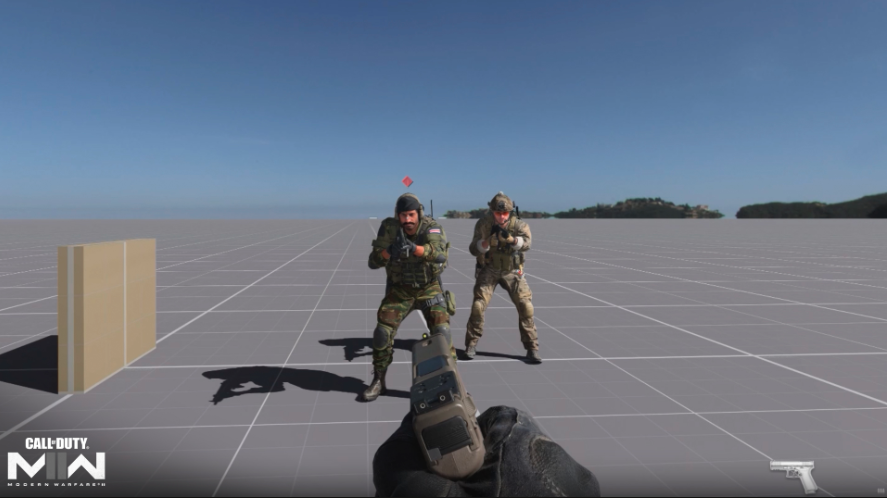Call Of Duty Launches New Way To Thwart Cheaters, And It Involves Hallucinations
Activision is trying to trick and detect cheaters with a "hallucination" system.
The developers of Call of Duty are rolling out a new method to try to thwart cheaters. The newest mitigation technique is called "Hallucinations," and here's how it works.
With Hallucinations, "decoy characters" are deployed in the game environment. They can only be seen by players believed to be cheating, and they do not impact a legitimate player's experience in any way, Activision said in a blog post. Instead, they "serve to disorient cheaters in a variety of ways," Activision said. "Hallucinations can be deployed both as a method of mitigation for verified cheaters or, in secret, as a detection for suspicious players."

As a mitigation technique, Hallucination-based soldiers look, move, and act like a real human player, Activision said. They aren't AI, but instead a clone of an active user in a match, with the aim being to trick a cheater into thinking they are squaring off against another human.
"Hallucinations also trigger the same information that cheaters would have access to using nefarious tools, revealing unique data to make them appear legitimate," Activision said.
Hallucinations can also be used for the purpose of detecting cheaters. As an example, Activision could deploy a Hallucination character close to a person believed to be cheating. A player who engages with a Hallucination character will then reveal themselves to be a cheater.
Activision said one of the aims of creating the new Hallucination technique is to target "non-rage" hackers, or those who cheat by way of using software that gives them access to other in-game information in real time that provides an unfair advantage.
An in-depth whitepaper on Call of Duty Hallucinations is available on Activision's website.
While Activision is rolling out Hallucinations, it is removing a different cheating mitigation feature: Quicksand. This slowed or froze the movement of cheaters, making them easy targets. However, Activision is removing it now because it could be "very visually jarring to anyone in the lobby." Activision said Quicksand is now back on the shelf but it could return one day.
Also in the blog post, Activision said the system it launched in April that could detect third-party cheating hardware has proven to be successful in an effort to go after cheaters in Call of Duty.
"Within the first two weeks of launching this detection we saw a 59% drop in any use of these devices across Modern Warfare II and Warzone--inclusive of MWII Ranked Play (Warzone Ranked had not launched within this window). Of those users, 57% of them did not utilize the device again, whereas 43% once again attempted to circumvent the policy," Activision said.
What's more, Activision said the in-game reporting systems for Call of Duty have been expanded upon to include "Malicious Reporting." Players who knowingly submit false reports could now face warnings or account suspensions. Additionally, some automated penalties like feature restrictions and voice/text restrictions, have been disabled for the time being.
For more, you can read Activision's full Call of Duty cheating update blog post.
Got a news tip or want to contact us directly? Email news@gamespot.com
Join the conversation